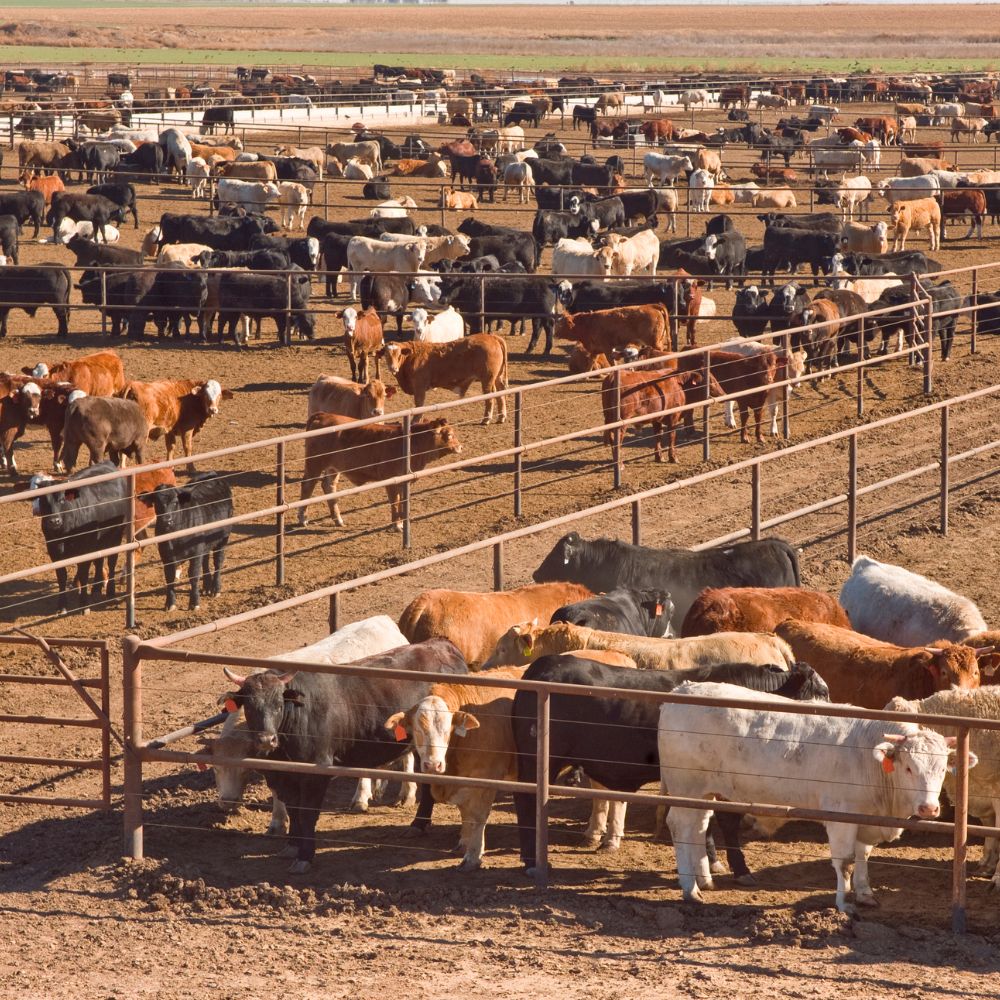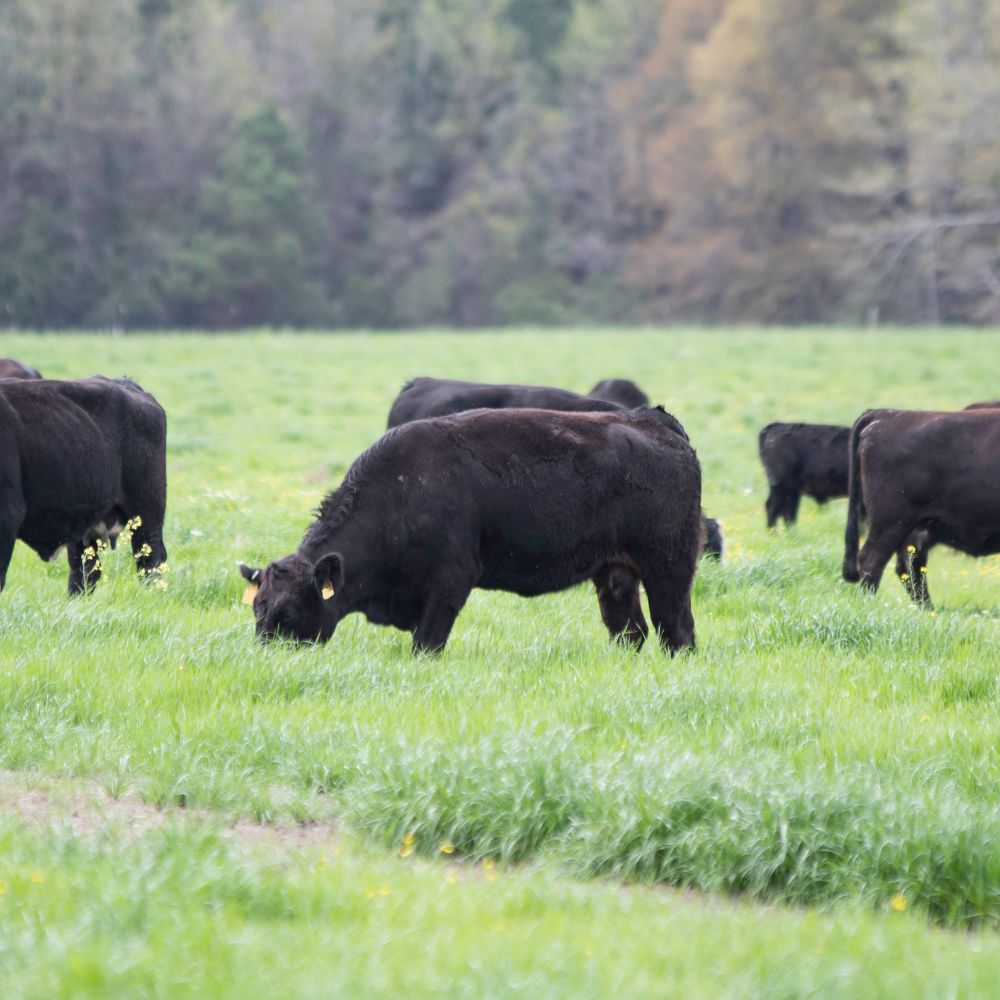The Ultimate Guide To Bagley Risk Management
Table of ContentsThe smart Trick of Bagley Risk Management That Nobody is Talking AboutThe Buzz on Bagley Risk ManagementThe Best Strategy To Use For Bagley Risk ManagementAll about Bagley Risk ManagementBagley Risk Management Fundamentals ExplainedThe 8-Second Trick For Bagley Risk Management
When your contract reaches its end date, the final cost is computed utilizing the CME Feeder Livestock Index. This is based upon sale barns throughout the Midwest (not simply your neighborhood market). If the index falls below your contract's insurance coverage price, you might be paid the difference. Cost Modification Factors will use.Animals Danger Security (LRP) is a USDA subsidized insurance policy program that assists secure manufacturers from the threats that come from market volatility. With LRP, producers are able to insure a floor price for their cattle and are paid an indemnity if the market worth is less than the insured rate.
This item is meant for. Livestock insurance.
Bagley Risk Management Can Be Fun For Anyone

In the last number of months, several people at FVC and PCM have gotten concerns from manufacturers on which threat monitoring tool, LRP vs. Futures, is better for a pork manufacturer? Like the majority of devices, the solution depends on your operation's objectives and situation. For this edition of the Dr.'s Corner, we will analyze the scenarios that often tend to prefer the LRP tool.
In Mike's analysis, he compared the LRP computation versus the future's market close for each and every day of the previous 20 years! The portion revealed for every month of the given year in the first section of the table is the percentage of days because month in which the LRP calculation is less than the futures close or simply put, the LRP would possibly compensate even more than the futures market - https://unmarred-erica-6b4.notion.site/Bagley-Risk-Management-Securing-Livestock-with-LRP-Insurance-eb1f8a344710421f809881dfac2e2add?pvs=4. (Livestock risk protection)
As an instance, in January 2021, all the days of that month had LRP possibly paying greater than the futures market. Alternatively, in September 2021, all the days of that month had the futures market possibly paying even more than LRP (absolutely no days had LRP reduced than futures close). The propensity that dawns from Mike's analysis is that a SCE of a LRP has a higher likelihood of paying much more versus futures in the months of December to May while the futures market has a higher probability of paying much more in the months of June to November.
Unknown Facts About Bagley Risk Management

As an example, in 2019, LRP was much better or within a $1. Table 2 illustrates the ordinary basis of the SCE LRP estimations versus the future's close for the offered time structures per year.
Once more, this information supports more likelihood of an SCE of a LRP being much better than futures in December with May for a lot of years. As a typical care with all analysis, past performance is NO warranty of future efficiency! Additionally, it is necessary that producers have accounting methods in position so they recognize their expense of production and can better identify when to make use of threat monitoring devices.
What Does Bagley Risk Management Do?
Some on-farm feeders may be considering the need for cost security right now of year on calf bones retained with the intent to feed them to a surface weight at some point in 2022, making use of offered feed sources. In spite of strong fed cattle prices in the existing regional market, feed costs and existing feeder calf bone values still produce tight feeding margins progressing.
The existing ordinary auction cost for 500-600 extra pound guides in Nebraska is $176 per cwt. This suggests a break-even rate of $127. The June and August live livestock contracts on the CME are presently trading for $135.
Cattle-feeding ventures often tend to have limited margins, like many agricultural ventures, due to the competitive nature more information of business. Cattle feeders can bid extra for inputs when fed livestock rates increase. https://pubhtml5.com/homepage/cxeyk/. This boosts the rate for feeder cattle, in particular, and somewhat boosts the costs for feed and other inputs
The 10-Minute Rule for Bagley Risk Management
Areas much from significant processing facilities often tend to have an unfavorable basis. It is important to note that local results additionally influence basis worths for 500-600 pound guides in the loss. Nebraska livestock are close to significant handling facilities. Because of this, basis declares or zero on fed livestock across much of the state.
Only in 2020 did the LRP coverage rate go beyond the finishing worth by sufficient to cover the costs cost. The net result of having this LRP insurance coverage in 2019-20 was significant, including $17. 88 per cwt. down line. The result is a favorable average web result over all five years of $0.
37 The manufacturer costs declines at reduced coverage degrees however so does the coverage cost. The result is a reduced net result (indemnity premium), as insurance coverage level declines. This shows lower efficient degrees of security. Since manufacturer costs are so low at reduced insurance coverage degrees, the producer loss proportions (indemnity/premium) increase as the protection degree decreases.
The 15-Second Trick For Bagley Risk Management
In general, a producer must take a look at LRP protection as a mechanism to safeguard output price and subsequent earnings margins from a threat monitoring viewpoint. Some producers make a case for guaranteeing at the reduced levels of coverage by concentrating on the decision as an investment in threat monitoring defense.
